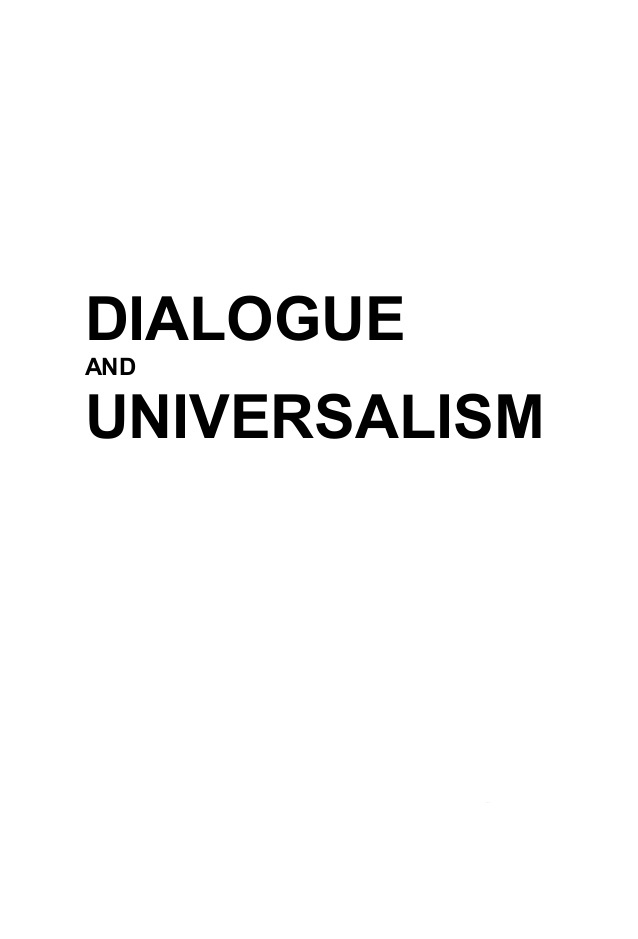INTERCULTURAL COMMUNICATION AND THE CHALLENGE OF LINGUISTIC AND CULTURAL RELATIVISM
INTERCULTURAL COMMUNICATION AND THE CHALLENGE OF LINGUISTIC AND CULTURAL RELATIVISM
Author(s): Rui SilvaSubject(s): Philosophy
Published by: Instytut Filozofii i Socjologii Polskiej Akademii Nauk
Keywords: Communication; culture; language; relativism; contextualism.
Summary/Abstract: The paper analyses the conditions and limits of intercultural communication in the light of a critical assessment of linguistic and cultural relativism. The analysis of linguistic relativism departs from Humboldt’s claim that every language contains a specific world-view and from the famous Sapir-Whorf hypothesis, according to which our thought and perception of reality is influenced or even, in a stronger version, determined by language. Many cognitive scientists consider that the cognitive influence of language on thought is negligible; however, several studies show that language can enhance (or obstruct) some cognitive functions. At any rate, it is at the cultural level that the challenge of linguistic relativism is more relevant, because different cultures generate different webs of concepts. Davidson’s critique of the idea of conceptual schemes fails precisely because he privileges the cognitive dimension of language (as representation of an empirical reality), neglecting its role in the constitution of a cultural space. Linguistic relativism can be easily articulated with cultural relativism, the view that it is not possible for outsiders to evaluate and criticize values, practices and basic beliefs of substantially different cultures. Against relativism, ethnocentrism and a naive universalism that presupposes the existence of universally valid standards that make intercultural communication always possible, the paper proposes a contextualist account of human communication (inspired by Wittgenstein and Gadamer) that is sensitive to linguistic and conceptual differences and recognizes the existence of limits to intercultural communication. However, from a contextualist standpoint, these limits are not rigid and they can be overcome, at least partly and gradually, in the course of a cross-cultural dialogue in which the participants engage in a critical reflection aimed at correcting initial assumptions and divergent standards.
Journal: Dialogue and Universalism
- Issue Year: 2013
- Issue No: 1
- Page Range: 77-90
- Page Count: 14
- Language: English
- Content File-PDF

